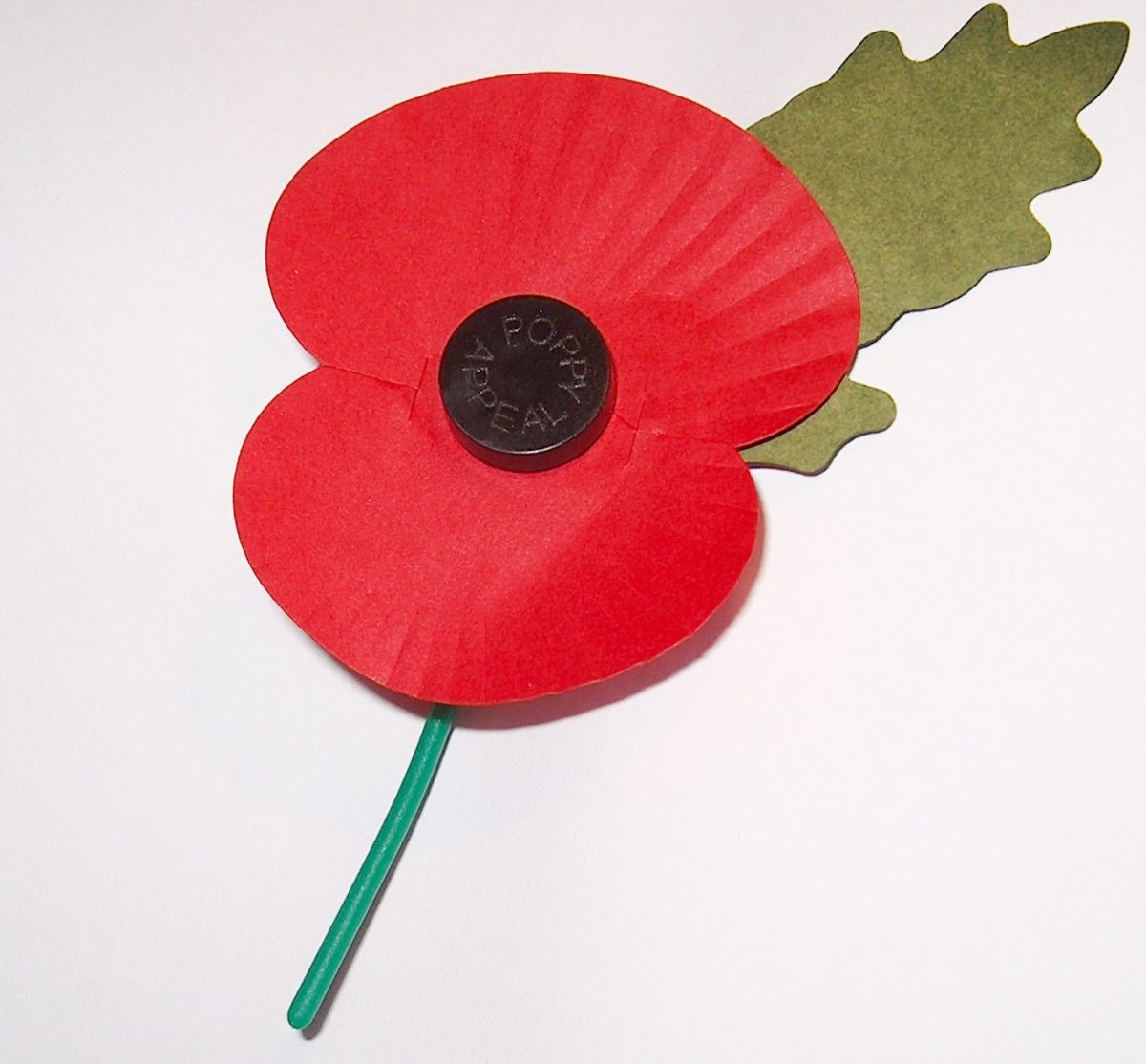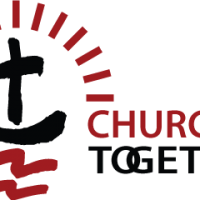Sermon given by Revd. Sue McCoan on Remembrance Sunday 2020
Bible reading: Psalm 46
I trained for ministry at Westminster College, Cambridge. One morning, I was cycling back from a lecture at Ridley Hall into the centre of Cambridge, one of a stream of bicycles, when all of a sudden the bike in front of me stopped. Dead. I nearly went into the back of it. What an idiot! I was just about to storm past when saw that the bike in front of him had stopped too. As had the ones coming the other way. And the cars along Trinity Street. And the pedestrians. And then the clock struck. It was 11 o’clock on the 11th of November. Remembrance Day. I stood where I was, astride my bicycle, for the 2 minutes’ silence.
There is something very powerful about being part of a large group all enacting a simple, single drama. Perhaps all the more powerful, in this case, for it being apparently spontaneous. Some people had obviously known; others, like me, who had lost track of the date saw what was happening and immediately responded and joined in. We stopped, together, knowing that there were people across the whole country doing the same thing, as a mark of respect and honour.
It matters that we have a day when the whole country can remember together. It matters that we stop for those 2 minutes, wherever we are and whatever we are doing, particularly if we’re out and about and can share with others. It matters too that we have the formal ceremonies, the wreath-laying, the civic services, even though those ceremonies have been very much scaled back or even cancelled this year. The BBC had the foresight to record in advance the Festival of Remembrance from the Royal Albert Hall, beautifully and dramatically staged with very few people. his morning there are wreaths being laid at the Cenotaph in Whitehall by representatives of the Royal Family, the Government and the Armed Forces, with much fewer attendees and no members of the public.
In honouring those who died, we also remember and support the survivors, especially those who were wounded in body or mind. The poppies we buy raise millions for the British Legion, who care for veterans – this year, because of Covid restrictions, we can’t have poppy sellers on the streets and it’s meant a huge loss of income, so the British Legion are urging us to give in other ways if we can.
This year, we have a particular reason to give thanks: it marks the 75th anniversary of the ending of the war – VE Day on 8th May 1945, and VJ Day, ending the conflict in the Far East, on 15th August. Commemorative events again had to be scaled back, but the thanksgiving, the relief of the nation was properly recalled and celebrated.
Today, on Remembrance Sunday, it is rightly a time to remember the human cost of war and give thanks for the peace it brought. But it’s also a time for Christians to set that memory against our collective remembering of the love of God.
The peace we enjoy as a nation is precious but it is also fragile. We’ve seen, in the last couple of weeks, terror attacks in Europe. We’ve seen the earthquake in Turkey. We’ve seen, this year, how much everyday life can be turned upside down by a virus. We can’t take our peace for granted. But we can rely on God. Psalm 46 reminds us that God is our refuge and our strength. God is our refuge and our strength especially in times of trouble, and the psalm makes the bold statement: therefore even if the earth should change, even if mountains tremble in the heart of the sea and the waters roar and foam, we will not fear.
The psalm goes on to describe the city of God, the holy habitation of the Most High. While the earth is whirling around, and political forces and the climate and events seem to be hurling us about all over the place, God is the still centre, the unchanging presence. Even when we are not able to meet and support one another in person, we can link back to God as our still calm centre.
We particularly celebrate that connection, and our remembering of God, when we share in communion together. Jesus knew how important it would be for his disciples to remember him and his teaching, when he was no longer with them in person. He knew how hard it is to stay faithful when life gets difficult. He knew how they would struggle to hold on to their sense of mutual support when they were no longer physically in the same place, and no longer grouped around him. He surely knew how easy it is to doubt what you know when you are surrounded by people, including kind and well-meaning people, telling you that you are wrong. So he gave his friends a ritual, a simple ceremony that they could perform, using everyday objects, whenever two or three of them were gathered together in his name, something that would connect them with their scattered friends and root them back into his love and their discipleship. He blessed bread and wine with words of faith and promise, and as he shared this with them, said: Do this, in remembrance of me.
Jesus knew that remembering was not just about looking back. It is about re-grouping, re-membering ourselves as community, affirming our identity as a nation or as the people of God. In remembering the past, we shape ourselves for the future.
Today, when we are separated by lockdown and physical distance; when we face uncertainty about the impact of this pandemic on so many areas of life, when there is so much political upheaval, we will share in communion together, remembering that we are rooted in Jesus. and we will remember that the Lord of hosts is with us; the God of Jacob is our refuge. Therefore we will not be afraid.
Amen





